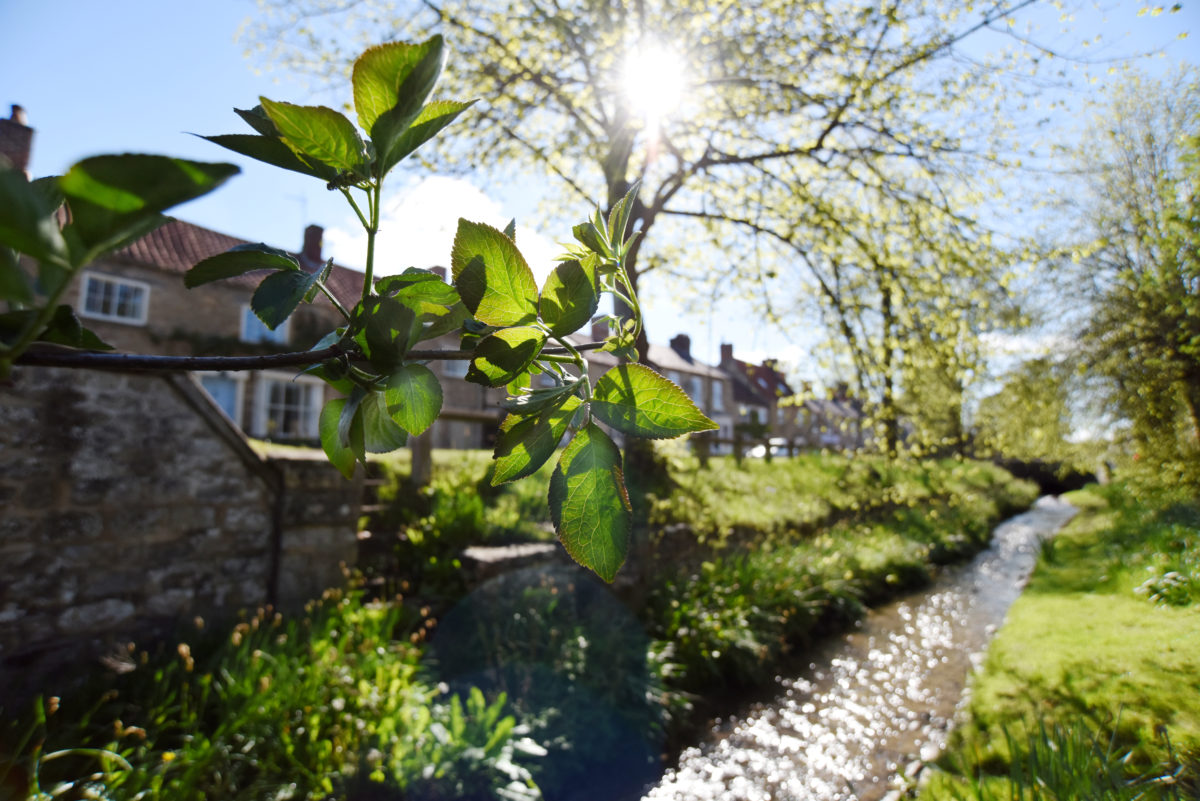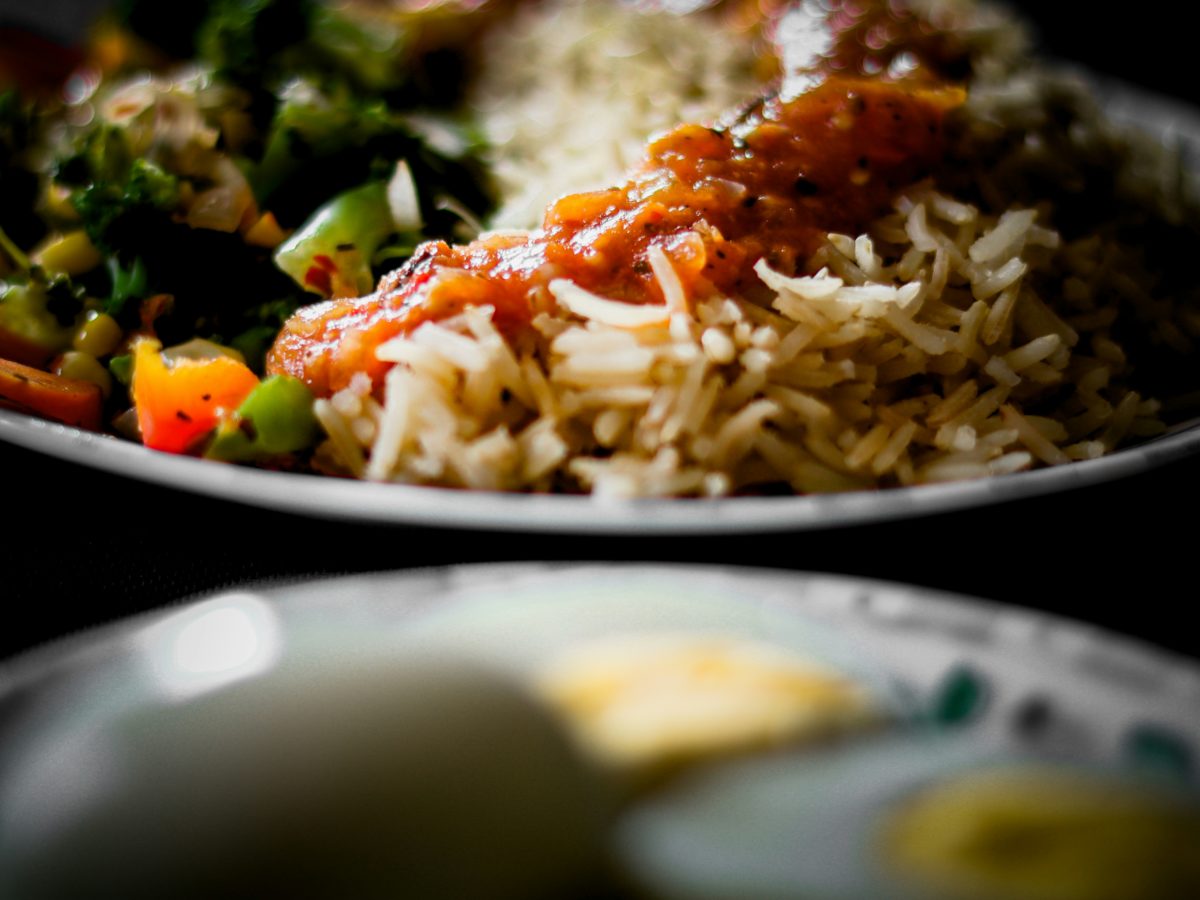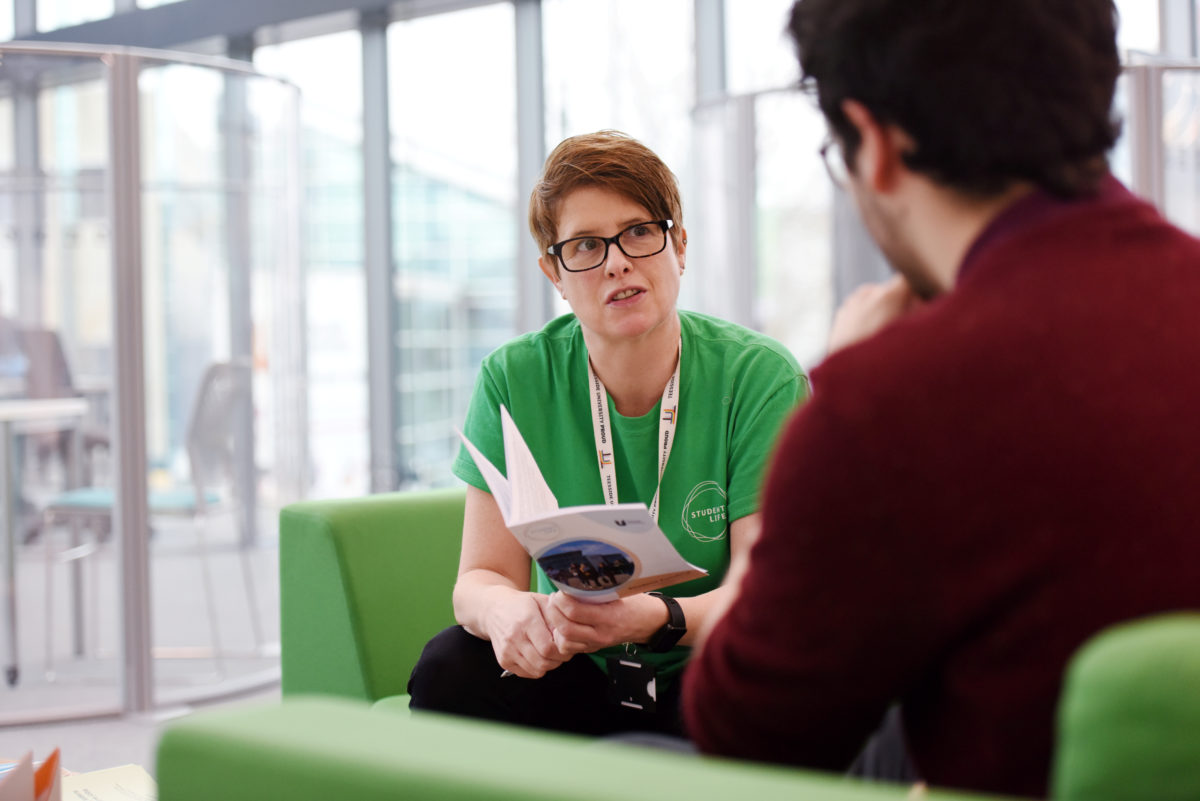Ramadan takes place on the ninth month in the Islamic calendar and is one of the holiest months of the year for Muslims. It’s a time for spiritual reflection, worship and fasting from sunrise to sunset. This year Ramadan is expected to begin on Sunday 10 March, depending on the sighting of the moon, and will last between 29-30 days.
Managing your studies during Ramadan can be difficult to navigate, so our Student Journey Advisor Emma has shared some useful tips on studying during this time.

Tip 1: Plan your timetable of activities
Although everyone will have their own ways in preparing their minds and bodies, it’s always best to aim for a healthy balance between structure and flexibility in your daily routine. It’s important to take regular short study breaks, and think about planning your meals for pre-dawn and when you break fast. It’s best to avoid studying for long periods of time.

Tip 2: Stay hydrated
There’s a greater risk of dehydration during fasting, so it’s recommended that you drink at least 2.5 litres of fluid each day. This could include juices, milk or soups, but water is always a good choice. It’s always a good idea during this time to try and limit the number of caffeinated drinks, such as coffee, to prevent fluid loss.

Tip 3: Limit physical exertion
Remember to try and stay mindful of your physical activity levels during this period, and it’s best to avoid intense physical exertion to prevent dehydration and fatigue. If you want to take part in some exercise, a good way could be a leisurely stroll around campus with friends, or a visit to the local park.

Tip 4: Eat a healthy, balanced diet
Breakfast is the most important meal of the day so during Ramadan it’s best not to skip pre-dawn meal (suhoor). When choosing foods, opt for slow-release carbohydrates such as rice, beans, and lentils for sustained energy. Dates are also an ideal snack, as they’re packed with potassium. Remember to avoid excessive sugar and fats to stay energised without feeling fatigued.

Tip 5: Be kind to yourself and take care of your mental health
It’s natural to face challenges during Ramadan. Stay connected and lean on your loved ones during this time, and don’t hesitate to access our Faith and Reflection student support service. Being able to practise your faith is an important part of the student experience and our friendly team are here to provide confidential, non-judgemental pastoral care.
We also have dedicated Muslim prayer rooms located on our Middlesbrough campus on the ground floor of Education House. These rooms provide a suitable environment for prayer and there are rooms for men and women with wudhu facilities in the building. We also have a reflection room for individual prayer and quiet reflection, also located within Education House.
If you require any adjustments or additional support, please get in touch with your Module Leader or email your School.

Wishing all those who observe Ramadan a blessed, healthy and peaceful month!


